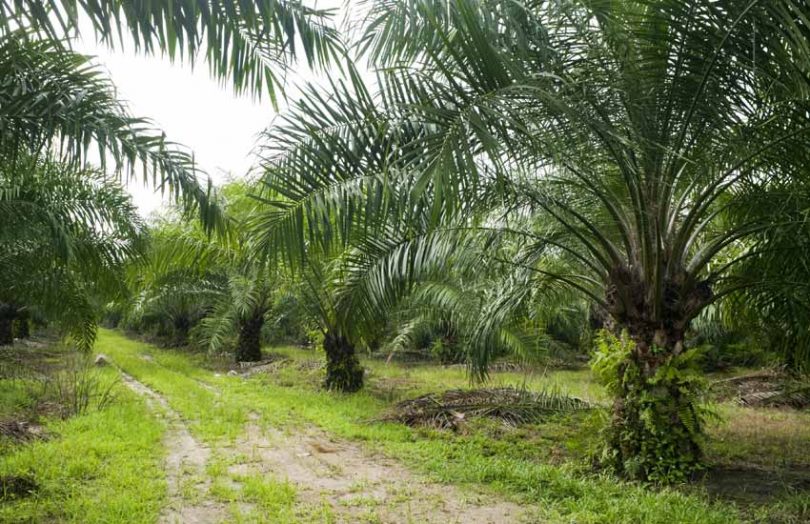Thailand’s Energy Ministry is exploring using blockchain for palm oil trade, a Bangkok Post article said. The goal is cut down the middlemen so that farmers can realize higher profits.
Thailand is the third-largest producer of palm oil globally but contributes only a single-digit percentage to global production. The country produced three million tonnes of crude palm oil in 2019. However, the Thai palm oil industry is facing issues with pricing, and the agriculture ministry has encountered protests from farmers in the past.
There is also a rising demand for sustainable production, as palm plantations are set up by wiping out acres of rainforests.
Thailand’s energy ministry has ordered the Department of Energy Business to work with Thai oil traders for a blockchain-based platform. It aims to implement a solution by next month to provide relief to farmers.
“The government is trying to control domestic palm oil prices and raised the content of blended biofuel gasoline to 10% [B10] and 20% [B20] in April 2019 to absorb the surplus volume of crude palm oil [CPO] and keep the price of fresh palm nuts above three baht per kilogramme,” said Sontirat Sontijirawong, the Energy Minister.
The ministry also cited the negative effect of COVID-19 on the consumption of palm oil, which has created a surplus, thus reducing prices. The issue seems to be the management of palm oil production and consumption, as most farmers in Thailand are smallholders and lack technical and monetary support to innovate production.
Malaysia, which is the top producer of palm oil globally, is working with BloomBloc on a blockchain traceability pilot for palm oil supply chains. The focus here is sustainability.
Nestlé, as a member of OpenSC blockchain, is tracking the use of sustainable palm oil used in its products.






